I. Et S. Bernaudeau
Gargiulo Vineyards
G Major 7 Study 575 OVX Estate Vineyard Cabernet Sauvignon Blend 2011
Guido Porro
Vigna S. Caterina Barolo Nebbiolo 2006
Fresh and bright with red cherry and plum fruit accented with tar, floral and brown spice notes. Palate has lovely texture with nice fruit and round tannins. Lacking a touch of depth and complexity that I would have expected with the bottle age. While not profound, very pleased to have 6 more bottles. — 7 years ago
La Jota Vineyard Co.
W. S. Keyes Vineyard Merlot 2014
Another wonderful Merlot. Mountain wines are known for beautiful dark color, intense aromatics and full bodied flavors. This Howell Mountain wine does not disappoint. Beautiful ruby red color and great aromas of blue fruit, cedar and a little earthiness. The tannins on this young wine are very apparent but seem to integrate nicely with the intense flavors of blueberries and baking spices while in your mouth. I am sure this wine will improve with age but it drinks very well today. — 7 years ago
Corison
Kronos Vineyard Cabernet Sauvignon 2012
Thought we would check in on one of these. Shy nose, even after 4+ hours. Almost no discernible fruit at this point with a strong savory quality. I love Corison wines and this has great potential but this needs to be forgotten about in the darkest corner of your cellar for 5-10 years more. Drink the regular Napa cab while this one slowly evolves. 89 at this point but possible mid 90’s in 5-10 years. This is a structured beast at this point. — 8 years ago
Château Léoville-Las Cases
Grand Vin de Leoville du Marquis de las Cases Saint-Julien Red Bordeaux Blend 1986
🐶 Epic bottle swap from Roger this month - what a lucky boy I am 😍 Check out his review also 👍 a 💯 RP wine! & so much life left in it 😎
💨 4+ hr
🍇 66% Cab S, 19% Mer, 11% Cab F & 4% Pet V
🍷 Dark opaque garnet ruby
👃 Mocha, burnt oak smoke, wet earth/leaves/minerals, lead, leather & herbs through dark ripe spiced mashed berries & plum
👄 Med+ body of super silky well integrated dark full fruits w/ a mocha, liquorice & earthy backbone
🎯 Long earthy dark berry, mocha & sweet liquorice smooth 💋 — 9 years ago

Tenuta San Guido
Bolgheri Sassicaia Cabernet Sauvignon Cabernet Franc 2005
🐥 Let's kick of Easter with a £157 Sassy Sassicaia 😇 I preferred the 09 over this but still a fab drop 👍
🍇 85% Cab S & 15% Cab F
🍷 Deep ruby red
👃 Stewed & spiced blackcurrant, cherry & plum through smoked earthy herbs & burnt oak w/ a touch of leather, prune, liquorice & vanilla mocha
👄 Med smooth body of herby earthy blackcurrant w/ mocha, prune & tart red cherry/currant tones in fine dry tannins
🎯 Med+ earthy dark & red fruit touch dry mocha herby earthy smile
— 9 years ago
Château Lafon-Rochet
Saint-Estèphe Cabernet Sauvignon Blend 2008
so, this was rated on a curve. stored in a fridge in another city. fridge died in summer and it was weeks before i found it. it was baked. and then it was weirdly ok. just used it to explain to @captain henrik how get wine out of a bottle with a coravin (merry xmas, cap'n!) expecting it to be destroyed. lo and behold. second wine from that lot which wasn't ruined. the OTHER, miraculously, was the bernaudeau "sans souffre" which I'll never understand why it was ok. maybe there are wine elves sticking ice in the dead fridge until I found it.... god jul!! — 9 years ago
I. et S. Bernaudeau
Terres Blanches Anjou Chenin Blanc 2013
6 December 2016. The Four Horsemen, Brooklyn, NY. — 9 years ago
Château Musar
Bekaa Valley Red Blend 2008
Nice wine. Although "young" compared to the others I've had which are in the 80's and 90's, this wine is a really nice change of pace. Nose still has the brambly, fruit and tobacco and almost 'foresty' notes that the older ones have a bit more of (and, to me, have QUITE a bit more of). Yet, on the palate this is a combination of sweet and tart fruit. Plum, hint of raisin, tobacco, hint of herb with nice bracing acidity on the finish. I think this wine would go very nicely with a myriad of foods, without trying to compete or outdo those foods. Seems IMO to be more in balance than the ones with 10-20 more years. — 7 years ago
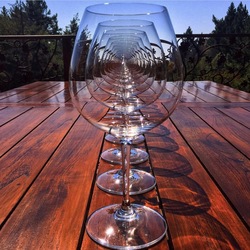

Tenuta San Guido
Guidalberto Toscana Cabernet Sauvignon Merlot 2015
I was at Bernard Devenish and he said that it had been opened but recorked and it was certainly awesome today. Dark, young but smooth. S — 7 years ago
Domaine de la Janasse
Vieilles Vignes Châteauneuf-du-Pape Red Rhone Blend 2011
Embodies everything I love in S. Rhône wines. Deep, velvety, joyful, complex, immediate and captivating. Lovely in so many ways but the balance grabs my attention the most. Everything in its place. — 9 years ago
Joseph Phelps Vineyards
Insignia Estate Grown Napa Valley Cabernet Sauvignon Blend 1997


What a trifecta Bud!!

Tolaini
Valdisanti Tenuta S. Giovanni Toscana Red Blend 2014
2014 vintage, imbibed Aug/2019. Needed decanting ... very closed at first, practically no nose at all. Began to open up after a half hour to 45 minutes. Eventually - good fruit, big body, but tannins well controlled. I had my doubts at first, but ended up really enjoying with a hearty beef dinner. — 6 years ago
Bindi
Block 5 Pinot Noir 2016
I like Michael, his philosophy, and in most cases, his wines, but the 2016 Block 5's far too ripe for me. It's dark fruit dominant, very sweet, and although, not much new oak (35%), quite oaky. Chocolatey, spicy, and quite tannic for a Pino. As usual, the structure and density are impressive. For me, this wine's just unbalanced at the moment and it needs time. That said, I don't think even Michael escaped the blistering heat of 2016. — 7 years ago
Château Brane-Cantenac
Grand Cru Classé en 1855 Margaux Red Bordeaux Blend 2005
This is the first 2005 I’ve opened that was truly impressive this young. It’s untypical for most Margauxs. Bright mid red fruits on the palate with elegance and dripping acidity. Impressive bottling!!! Wish that I had bought a case in futures vs. four bottles. FYI, I never buy more than 6 bottles of almost anything.
The nose reveals, ripe; dark cherries, blackberries, black plum, black raspberries, strawberries, cherries, baked plum, high glass blue fruit hues, dry cranberries and pomegranate. Vanilla, light cinnamon, hint of clove, dash of nutmeg, pinch of white pepper, very dark, rich soil, limestone, pee gravel, cherry cola, fruit tea, black/red licorice, dry top soil/clay, a faint whiff of mint, some red fruit liqueur notes, bright red florals, blue flowers and fresh dark and fresh slightly withering florals.
The body is medium to just barely pushing full. The tannins are well rounded, soft and a bit dusty. The wine gently glides beautifully over the palate. The red fruits shine. Dark cherries, strawberries, cherries, pomegranate, blackberries, black raspberries, plum and blue fruit hues on the long set. Vanilla, light cinnamon, hint of clove, dash of nutmeg, very dark, rich soil, limestone minerals, pea gravel, some crushed dry rock powder, cherry cola, dark fruit tea, black/red licorice, dry top soil/clay, a faint whiff of mint, some red fruit liqueur notes, used leather, saddle-wood to light cedar, light cigar with ash, bright red florals, blue flowers and fresh dark and fresh slightly withering florals. The acidity is like a rain shower. The structure, length, tension and balance are magnificent. The long, elegant, well balanced, polished finish is delicious and goes on and on. This wine has really hit its stride, yet will continue to improve for another 10 years and perhaps beyond. After two hours in the the decanter, the wine put on weight and showed more dark fruits on the long palate set.
Photos of, Chateau Brane Cantenac, Owner Henri Lurton, field-hand doing the back breaking work of picking and their oak vat room.
Producer history and notes...Chateau Brane Cantenac started out in the early 17th century. At the time, the small estate was known as Domaine Guilhem Hosten. The vineyards and estate was developed by the owner in the late 1700’s by the Gorce family.
Their wine was so highly regarded back then, it was one of the more expensive wines in all of Bordeaux, selling for almost as much money as Brane Mouton. This is interesting because of who went on to buy the vineyard in the 1800’s.
The Baron of Brane, also known as “Napoleon of the Vineyards”, purchased the chateau in 1833. At the time of the sale, the estate was called Chateau Gorce-Guy. To get the funds to purchase the Margaux vineyard, the Baron sold what is now called Chateau Mouton Rothschild, which was at the time of the sale, known as Chateau Brane-Mouton.
In 1838, the Baron renamed property, taking his name and the name of the sector where the vineyards were located, calling it Chateau Brane Cantenac. The chateau later passed to the Roy family, who were well-known in the Margaux as they owned Chateau d’Issan as well.
Jumping to the next century, in 1920, the Societe des Grands Crus de France, a group of merchants and growers that owned several chateaux located in the Medoc including; Chateau Margaux, Chateau Giscours, and Chateau Lagrange in St. Julien, purchased Chateau Brane Cantenac.
Five years later, M. Recapet and his son-in-law, François Lurton, took over Brane Cantenac along with Chateau Margaux. Lucien Lurton (the son of François Lurton) inherited Brane Cantenac in 1956.
Today, the estate is still in the hands of the Lurton family. Brane Cantenac is currently owned and more than ably managed by the capable, Henri Lurton.
After being given the responsibility of managing Brane Cantenac, it was under the direction of Henri Lurton that large portions of the vineyard were replanted. Vine densities were increased, the drainage systems were improved and the plantings were also, slowly changed to their current plantings.
The 75 hectare vineyard of Brane Cantenac is planted to 55% Cabernet Sauvignon, 40% Merlot, 5% Cabernet Franc, 5% Carmenere and .5% Petit Verdot. Carmenere was used for the first time in the 2011 vintage. The Petit Verdot was planted in 2008. 2017 is the first vintage where Petit Verdot was added to the blend.
The 75 hectare Left Bank vineyard of Brane Cantenac is essentially unchanged since it earned Second Growth status in the 1855 Classification of the Medoc.
At least that is the case with the 45 hectares used to produce the Grand Vin of Brane Cantenac. Those 45 hectares are planted close to and surrounding the chateau. Those vines are located just in front of the Cantenac plateau and are the best terroir that Brane Cantenac owns. This parcel is the heart and soul of their wine.
They have other parcels, which are further inland, but much of those grapes are placed into their second wine. Those additional hectares can be divided into 3 main sections.
Behind the chateau, they have 15 hectares of vines on gravel and sandy soils. They have 10 hectares across the road with sand, gravel and iron and a 13 hectare parcel with gravelly clay called Notton, which is used for their second wine. More than vineyards, the property maintains beautifully, manicured gardens and verdant parkland.
Today, more than 25% of Brane Cantenac is farmed using organic farming techniques. It is expected that over time, the amount of hectares farmed with organic methods will be increased. 12 of those hectares are farmed using biodynamic techniques as well.
3 hectares of vines they own in the Haut Medoc appellation are planted to white Bordeaux wine varietals due to the the cooler terroir in that part of the appellation. The soils are gravelly clay. The vines are planted to 80% Sauvignon Blanc and 20% Semillon.
Chateau Brane Cantenac is vinified in a combination of temperature controlled, traditional, 22 oak vats, 18 concrete tanks and 20 stainless steel vats that vary in size from 40 hectoliters all the way up to 200 hectoliters, which allows for parcel by parcel vinification.
40% of the fermentation takes place in the oak vats. The oldest vines are vinified in vats that are selected to allow for separate parcel by parcel vinification.
The younger vines are vinified more often together in the same vats. However, the Carmenere and Petit Verdot are entirely micro-vinified, meaning that those grapes are completely vinified in their own barrels, using micro-vinification techniques. This takes place with the Carmenere and Petit Verdot because the amount of grapes produced is so small. Some vats of Brane Cantenac can be co-inoculated, meaning they go though alcoholic fermentation and malolactic fermentation simultaneously.
Malolactic fermentation takes place in a combination of French oak tanks and barrels. The majority of the Grand Vin goes through malolactic in barrel. The wine of Brane Cantenac is aged in an average of 60% new, French oak barrels for 17 months before bottling. The initial 2 months of aging is done with the wine on its lees, which adds more depth to the wine.
There is a second wine, Le Baron de Brane. The use of a second wine at Brane Cantenac is not new. In fact, previously, the second wine went under the name of Chateau Notton, which took its name from one of the main parcels where the grapes were planted. There is a third wine, Margaux de Brane, which is usually Merlot dominated.
Production of Chateau Brane Cantenac is about 11,000 cases per year depending on weather conditions. — 7 years ago
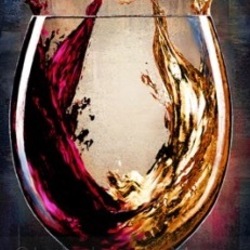
I. et S. Bernaudeau
Les Onglés Chenin Blanc
6 December 2016. The Four Horsemen, Brooklyn, NY. — 9 years ago
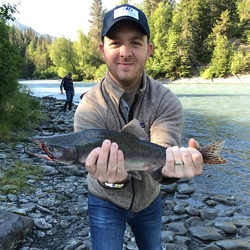



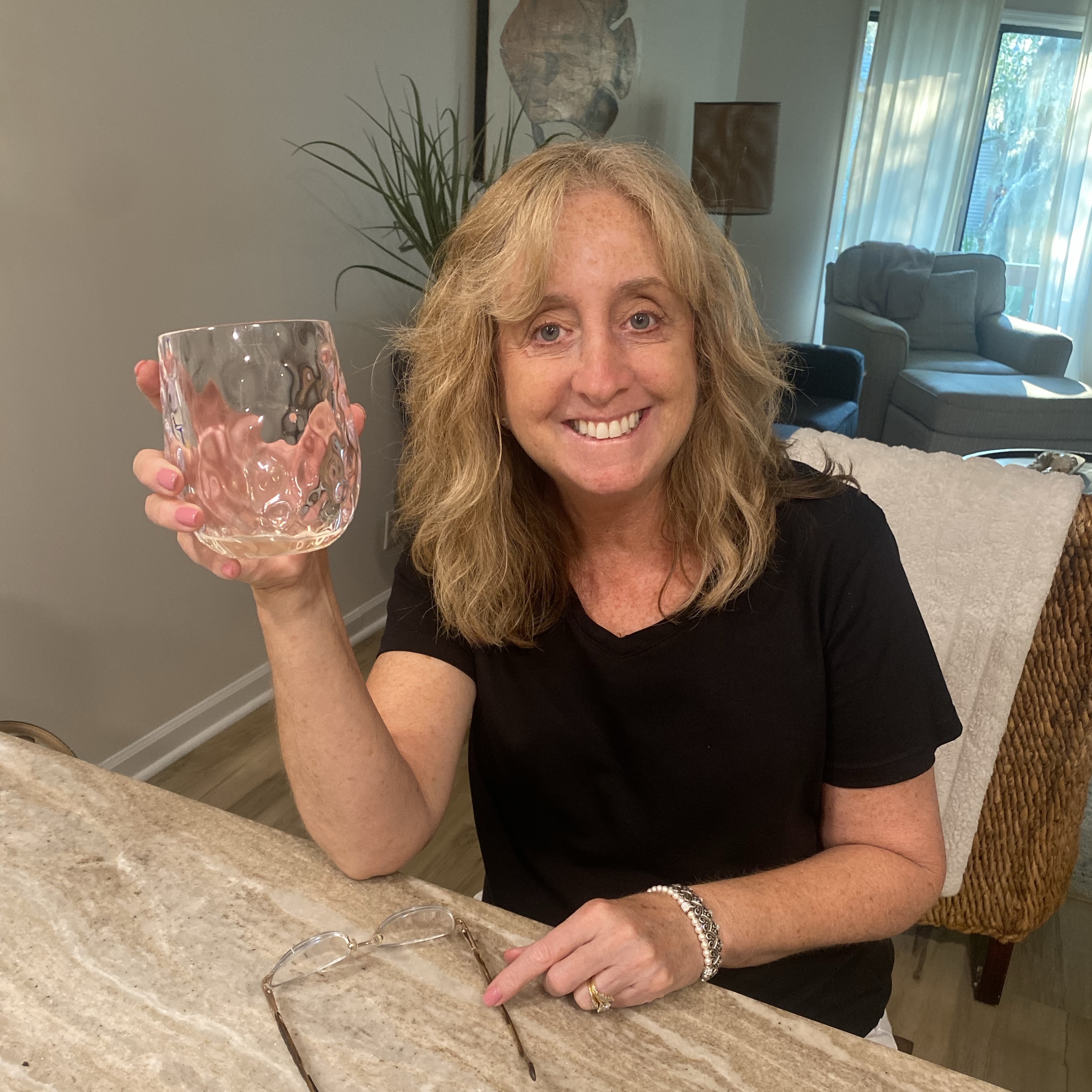






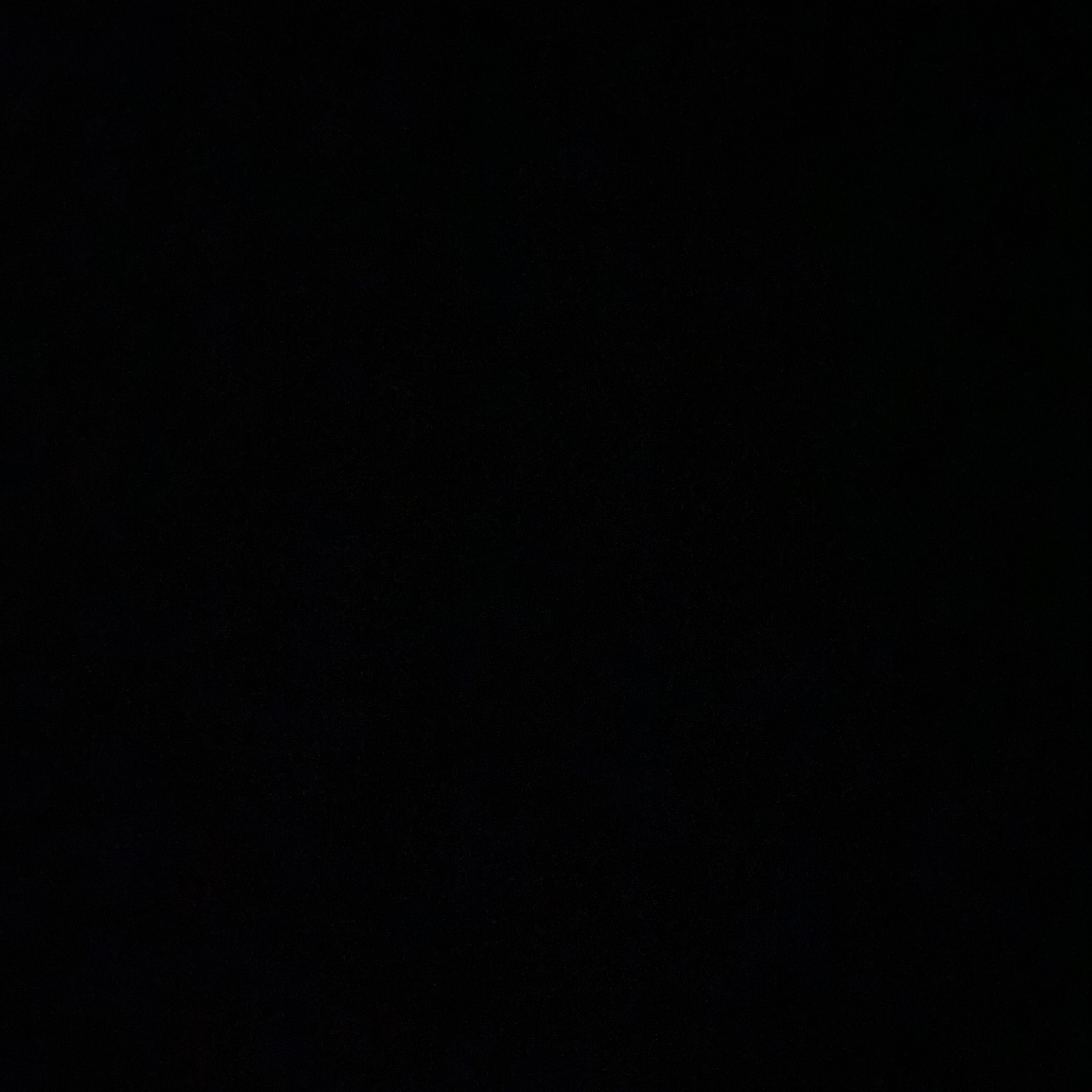

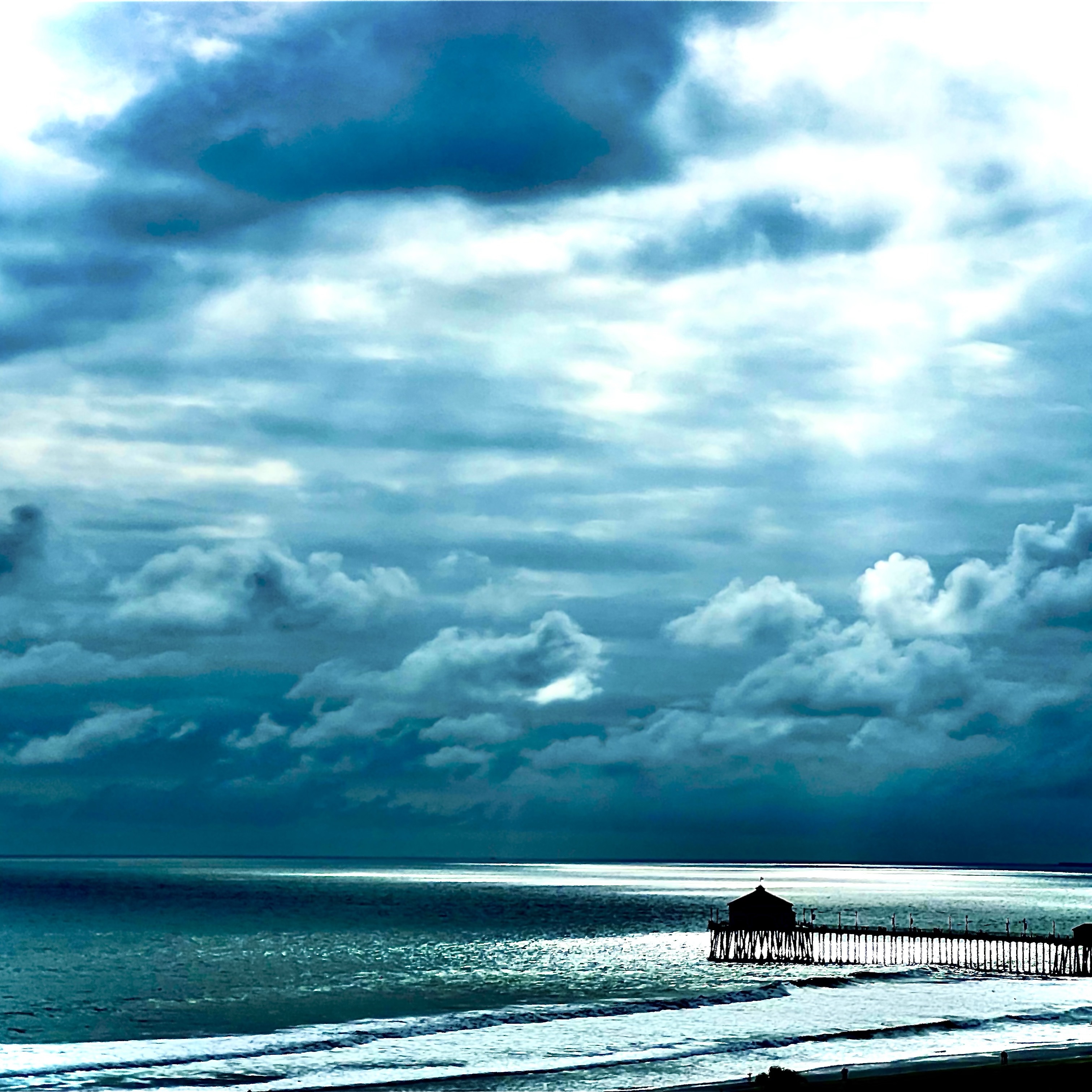

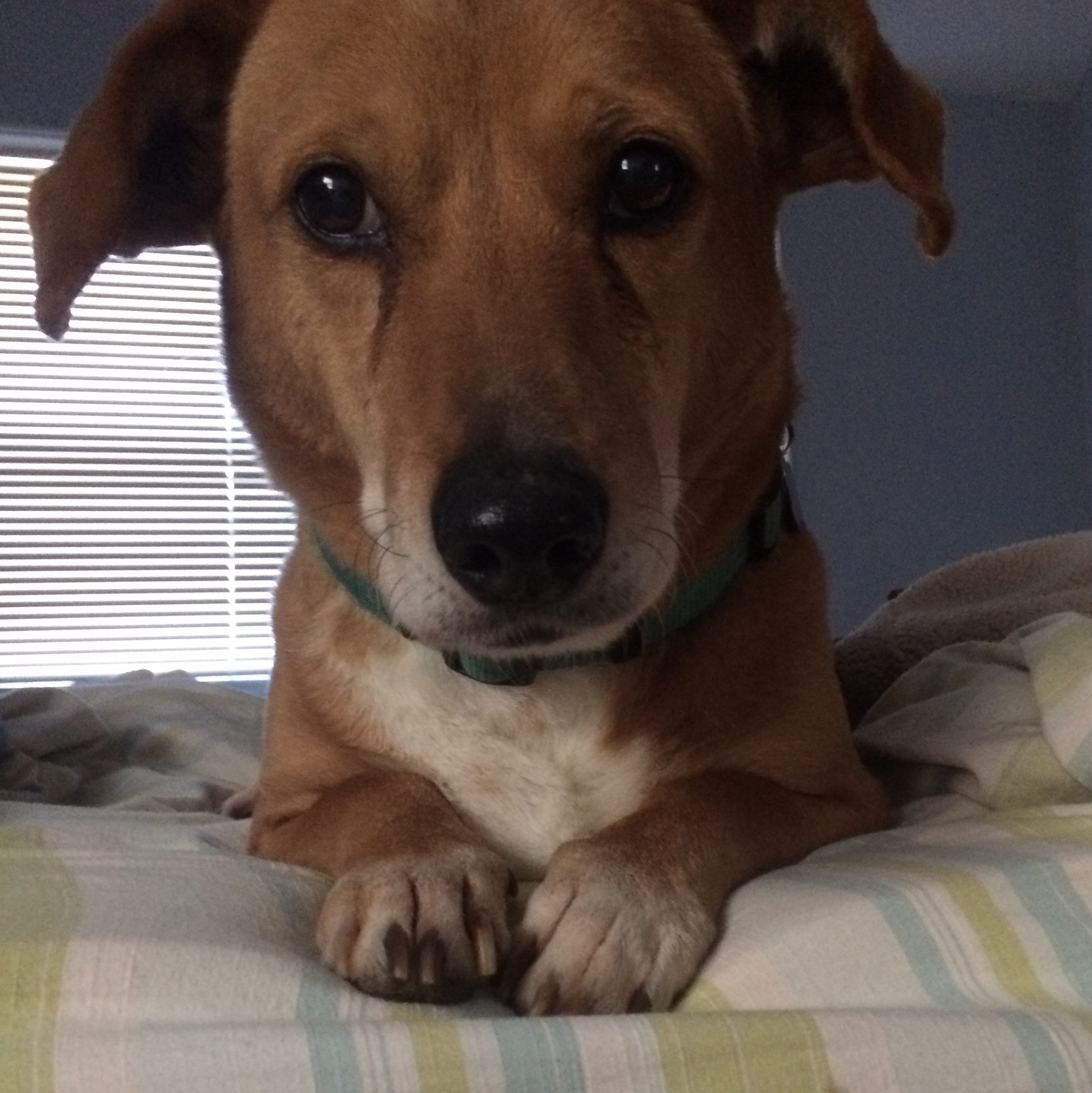
Mark Flesher
Having 3 of these I figured it would be a nice time to see how this one is doing. Well, I think that this one has probably reached the very front of the optimal drinking window. Took about 15 minutes of air. The nose was red fruit, mint, red licorice, raspberry and oak. Lossa lossa oak. Entry is a little acidic, minty, flinty, red fruit dominant. Middle of this wine tones down a bit and really finds a nice little groove. Finishes with a lot of astringency (say what?) for a 2011. Structure is what. Quality is what. And I think this one has the power to go another 15 years and be juuuust fine, which I'm not sure I could say about many 2011's from the Napa floor. Drink with 30 minute decant or hold for another 5-10 years. — 6 years ago